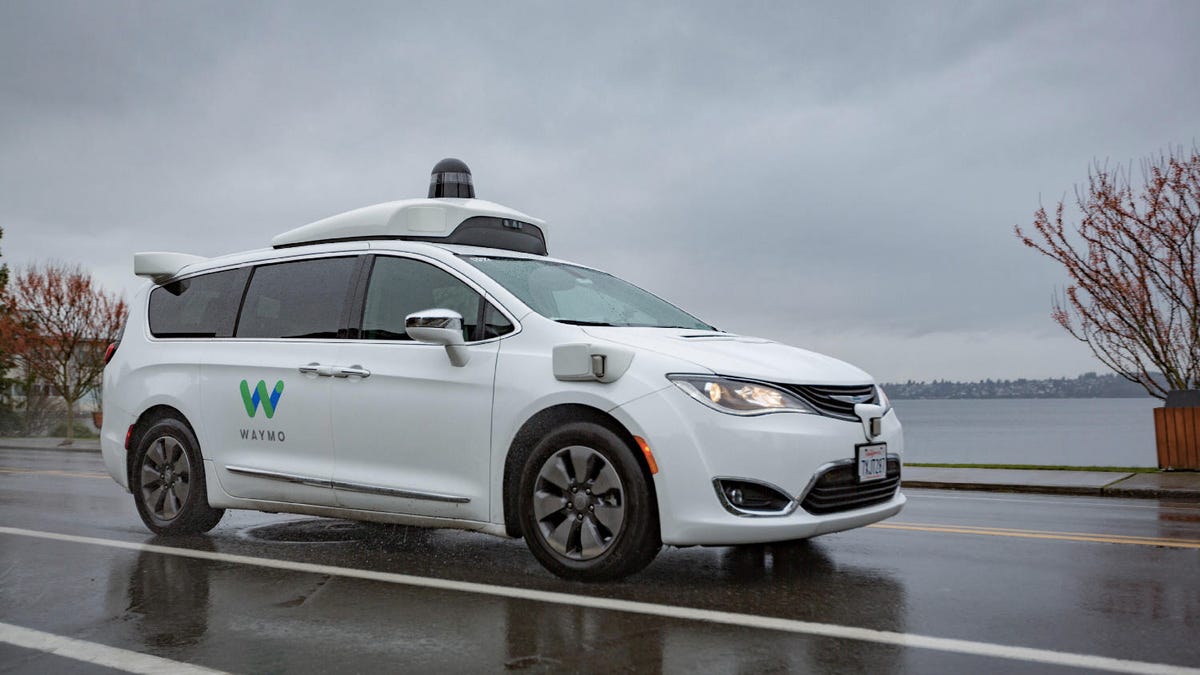Waymo to NHTSA: Speed up the self-driving-car regulatory process
Waymo told the agency it needs to act "promptly" on new regulations.
The federal government is still cooking up a plan for future regulations surrounding automobiles and self-driving cars . However, Waymo wants NHTSA, responsible for rewriting changes, to speed things up.
Alphabet's self-driving car subsidiary on Thursday told the federal agency in public comments that it must act "promptly" to ensure autonomous vehicles may be deployed in a timely manner, Reuters reports. Currently, standards for automobiles require manual controls -- steering wheels and pedals, namely. There are 75 auto safety standards that automakers and tech companies must meet and the majority assume a human driver is behind the wheel.
That complicates matters when companies want to usher in cars without manual controls on US roads.
Companies like Waymo, General Motors and others have urged NHTSA to exempt their self-driving prototypes from these regulations in the name of accelerating development. According to the comments from Waymo and other companies, NHTSA appears to be looking more closely at revised crash standards due to different seating positions in a theoretical self-driving car. Waymo said the agency should not focus on seating positions and instead use resources to hash out updated regulations to test autonomous vehicles.
Other companies such as Lyft and Honda also commented, suggesting NHTSA could classify self-driving cars in a new vehicle class that would not subject them to the traditional auto safety guidelines. It's not entirely clear, but automaker comments hinted that NHTSA may not be ready to revise safety standards for self-driving cars until 2025, while next year the agency may start seating-position and crash-standard rule rewrites. Automakers are clearly worried regulations will become a major barrier to progress as technology advances.
So far, it's been a very slow go for automakers and technology companies. General Motors first imagined it would deploy and "commercialize" self-driving cars by the end of this year. However, NHTSA hasn't given a final say on a petition to exclude a self-driving car without manual controls from traditional regulations. GM has since said it will delay its robotaxi service.


